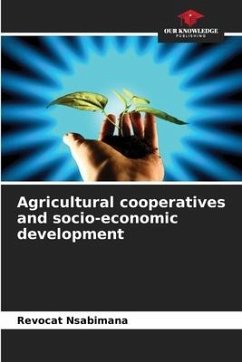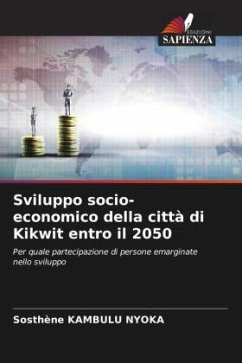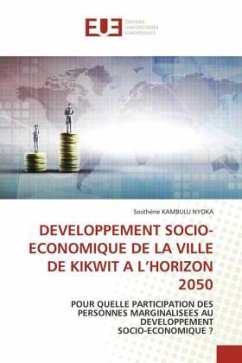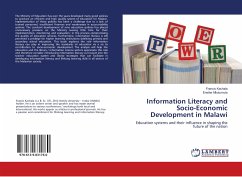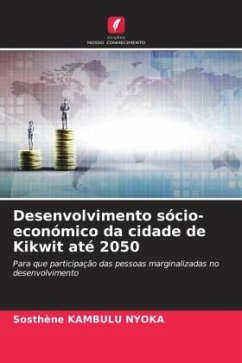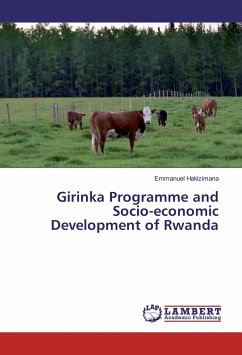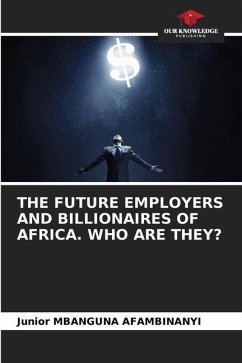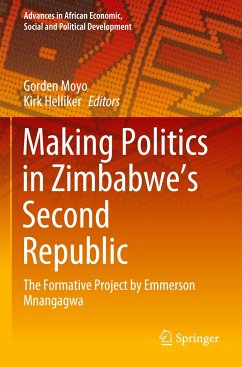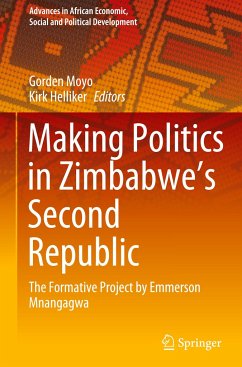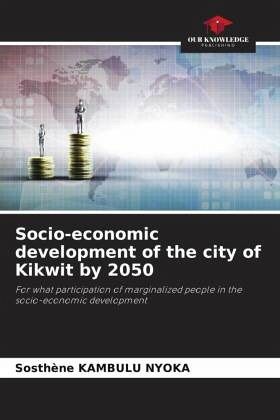
Socio-economic development of the city of Kikwit by 2050
For what participation of marginalized people in the socio-economic development
Versandkostenfrei!
Versandfertig in 6-10 Tagen
29,99 €
inkl. MwSt.

PAYBACK Punkte
15 °P sammeln!
From 2009 to 2012 and on a daily basis, it was estimated that on average, out of 10 people met and conversed with in the streets of the city of Kikwit in D.R. Congo, it was found that 7 were beggars either to demand money or to ask for a job; 2 showed a physical and mental disability; finally, 1 was abandoned by her parents because of her physical or mental malformation and she was expelled from her biological family since she is in a strange and cachectic state. In fact, the challenge of clear-sighted men, in the face of this social crisis, "is that every person, created in the image and like...
From 2009 to 2012 and on a daily basis, it was estimated that on average, out of 10 people met and conversed with in the streets of the city of Kikwit in D.R. Congo, it was found that 7 were beggars either to demand money or to ask for a job; 2 showed a physical and mental disability; finally, 1 was abandoned by her parents because of her physical or mental malformation and she was expelled from her biological family since she is in a strange and cachectic state. In fact, the challenge of clear-sighted men, in the face of this social crisis, "is that every person, created in the image and likeness of the Eternal One, must have received from the latter the power to contribute to his redemptive work". Man, as a creature of God, is called to be "aware that his whole life is transformed, that he no longer belongs to himself and must only consider himself as an offering to God, a being called to enter the glory of God" (MASIALA, 2001). Therefore, consistent means are needed for this kind of difficulty.



